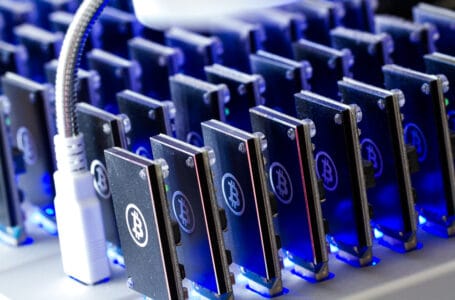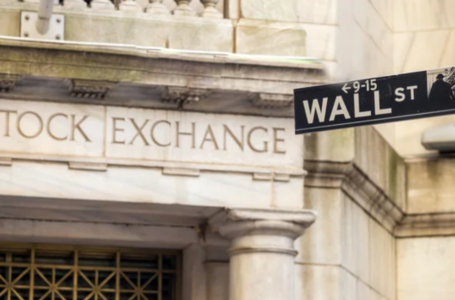The Benefits of Tokenized Assets in a Banking Crisis: Enhanced Security and Stability
Enhanced Security: The Benefits of Tokenized Assets Amidst a Banking Crisis ===
In times of financial instability, the security of assets becomes a paramount concern. Traditional banking systems have faced numerous crises throughout history, leading to a loss of trust and severe economic repercussions. However, with the advent of blockchain technology and tokenization, a new era of enhanced security and stability has emerged. This article explores the importance of tokenized assets in a banking crisis and the advantages they offer in terms of security.

The Importance of Tokenized Assets in a Banking Crisis
During a banking crisis, the stability of traditional financial systems is called into question. Confidence in banks erodes, leading to panic, runs on banks, and economic downturns. In such situations, tokenized assets play a crucial role in maintaining stability and trust. Tokenization refers to the process of representing real-world assets, such as real estate, stocks, or commodities, digitally on a blockchain. These digital tokens are secured through encryption and distributed across a decentralized network, making them resistant to manipulation and fraud.
Tokenized assets offer a viable alternative to traditional banking systems as they provide transparency, immutability, and increased accessibility. By leveraging blockchain technology, tokenization ensures that asset ownership is securely recorded on the blockchain, allowing for transparent and verifiable transactions. This transparency helps restore trust in the financial system during a crisis, as individuals can easily verify their ownership and track the movement of their assets.
Furthermore, tokenized assets are immutable, meaning that once a transaction is recorded on the blockchain, it cannot be altered or tampered with. This feature provides a higher level of security compared to traditional systems, where fraudulent activities and manipulations can occur. In the event of a banking crisis, this immutability protects individuals’ assets from being seized or devalued by external factors, ensuring their financial stability.
Advantages of Enhanced Security through Tokenization
One of the key advantages of tokenized assets during a banking crisis is the increased security they offer. Blockchain technology employs advanced cryptographic techniques to secure transactions and assets. Each transaction is encrypted and linked to the previous transaction, forming an unalterable chain of information. This cryptographic security ensures that assets held in tokenized form are protected from unauthorized access, hacking attempts, and fraudulent activities.
Moreover, tokenized assets eliminate the need for intermediaries, such as banks or brokers, reducing the risk of human error, mismanagement, or corruption. Traditional financial systems heavily rely on these intermediaries, making them vulnerable to failures and malfeasance. Tokenization, on the other hand, replaces these intermediaries with smart contracts executed on the blockchain. These self-executing contracts automatically enforce the predetermined terms and conditions of an asset, ensuring secure and transparent transactions without the need for middlemen.
Additionally, tokenized assets offer increased accessibility to a wider range of investors. Traditional financial systems often have high entry barriers, excluding many individuals from participating in certain asset classes. Tokenization enables fractional ownership, allowing investors to purchase a portion of an asset rather than its entirety. This fractional ownership opens up investment opportunities to a broader range of individuals, increasing liquidity and promoting a more inclusive financial ecosystem.
In times of a banking crisis, tokenized assets offer enhanced security, stability, and accessibility compared to traditional banking systems. The transparency, immutability, and cryptographic security provided by tokenization help restore trust in financial systems during turbulent times. By leveraging blockchain technology, tokenized assets have the potential to reshape the financial landscape, providing individuals with a more secure and inclusive means of asset ownership and investment. As the world continues to navigate through uncertain economic climates, the importance of tokenized assets amidst a banking crisis cannot be overstated.
AllIn1Bitcoins works diligently to offer impartial and trustworthy data on cryptocurrency, finance, trading, and stocks. Nonetheless, we are unable to furnish financial counsel and encourage users to undertake their own inquiries and due diligence.












